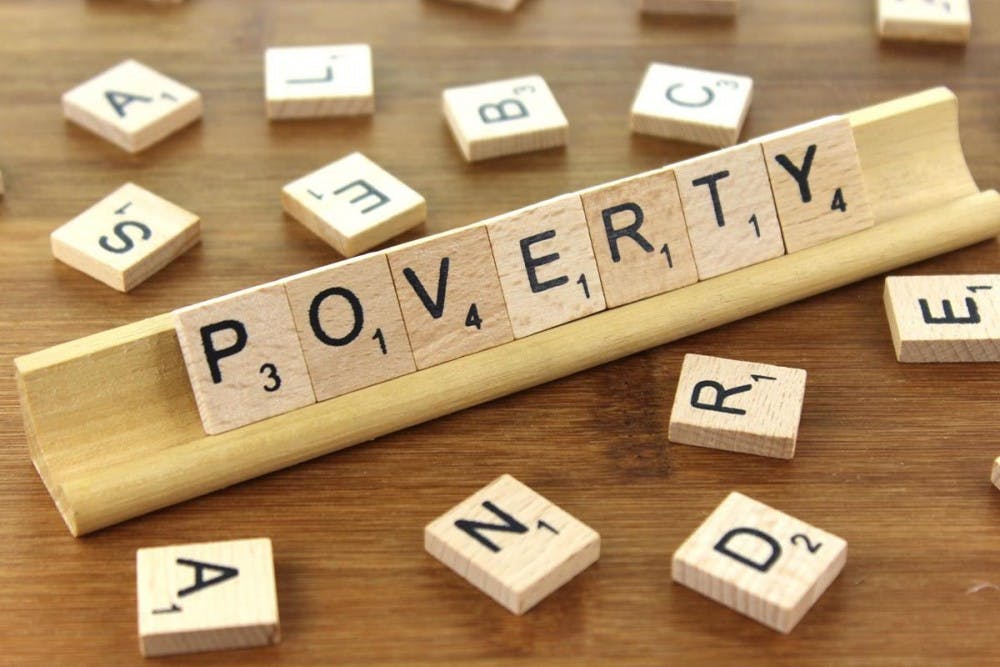
Like every Princeton student, I feel compunction to study almost every minute of the day. But, when I consider the millions of people who face the challenges and indignities of extreme poverty, worrying about the difference between an “A-” and “B+” seems like an unimaginable luxury.
A recent discussion with renowned ethics professor Peter Singer reminded me of how very fortunate I am to choose between made-to-order omelets and chia seed pudding every morning at breakfast. While I diverge from Professor Singer on a number of issues, he raises a compelling argument about our obligation to help the global poor.
Singer contends that private citizens of the United States and its affluent counterparts could and should do much more to help developing nations. He posits that a donation of $800 achieves relatively little in the United States. But, the same amount given to an impoverished Afghan family, which may earn the equivalent of only two dollars a day, would be an incredible windfall.
I subscribe to Singer’s altruistic view, presuming that people in need, rather than corrupt governments, would receive the full donation. The venerated New York Times columnist Nicholas Kristof echoed this approach when he visited campus last month. Incidentally, Singer interviewed him. Kristof argued that we underestimate the potential of education to lift capable individuals out of extreme poverty.
We attend an institution that encourages us to grapple with global poverty. On campus, professors and visiting speakers sustain critical dialogue about how we can alleviate poverty, as my experiences in the past month reveal. Unfortunately, most students are financially dependent on their parents, precluding the philanthropy that Singer and Kristof envision. If we cannot give money, how are we to help the voiceless and impoverished who live thousands of miles away?
Last Wednesday, veteran reporter and Pulitzer Prize winner Katherine Boo, whose seminal work, Behind the Beautiful Forevers, revolves around her time living in a Mumbai slum, delivered the second annual Distinguished Teaching Lecture in Service and Civic Engagement. Boo advocated for rising above our usual impulse to portray the extremely poor only when tragedy strikes. She argued that the stories of these individuals – their daily strivings, travails, and triumphs – carry tremendous import.
By listening, we come to see the world’s most disadvantaged for the people they are. We should educate ourselves by reading books like Boo’s, perusing columns like Kristof’s, and becoming familiar with arguments like Singer’s. We should pay attention to economic goals and policies adopted by the United Nations, for these developments shape the economies of developing nations.

We should express our gratitude for the outstanding opportunities at our fingertips. By appreciating our University, we can better comprehend the immense scale of global inequality. We can keep our daunting academic challenges in perspective with the truly harrowing fight for survival that so many others face. If we are to stay true to our avowed pursuit of truth, grades should not be the most important cause on campus. Otherwise, we risk falling out of touch with reality.
We should trade our narrow focus on personal achievement for a broader worldview. A sleepless night spent wracking our brains over problem sets and papers may or may not improve our GPA, but heeding the globe’s poorest people enriches our understanding of the world.
Jon Ort is a first-year from Highlands Ranch, Colo. He can be reached at jaort@princeton.edu.








